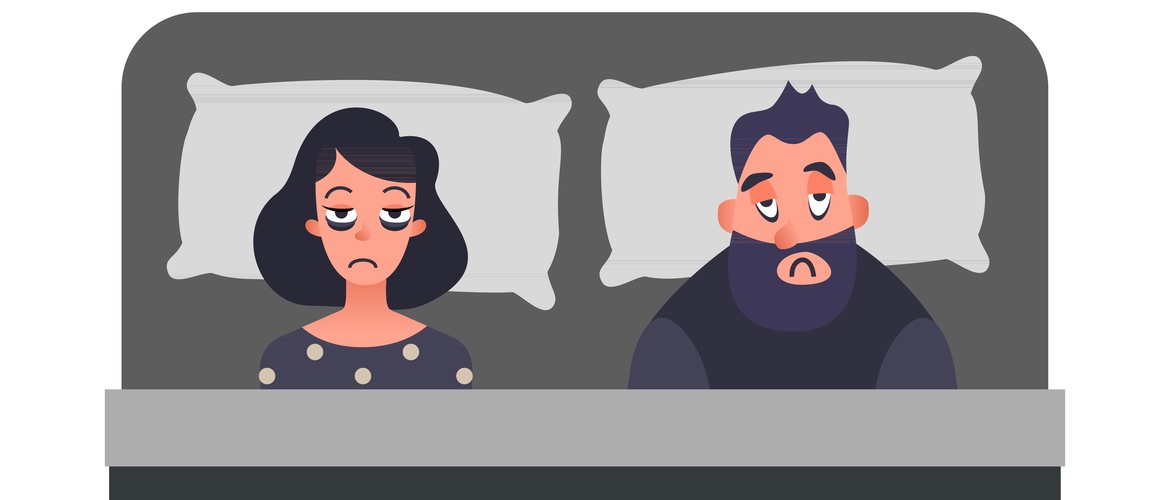
Choose a channel
Check out the different Progress in Mind content channels.

Progress in Mind

People who have migraine are more likely to have a mood disorder than people who do not have migraine. The reason has not been clear. New findings presented at ISBD 2020 suggest shared etiologic factors, such as sleep disturbance, motor activity, stress reactivity, and pain might explain the comorbidity.
One-third of people with bipolar disorder experiences migraine
Migraine is strongly associated with mood and anxiety disorders,1 said Professor Martin Preisig, University of Lausanne:
Do migraine and mood disorders have shared etiologic factors?
To determine whether migraine might cause a mood disorder, or a mood disorder might cause migraine, or whether migraine and mood disorders might have a common etiology, Professor Preisig and his colleagues analyzed data from:
Family studies may provide information about the causes of migraine and mood disorder comorbidity5
They found that among the relatives:
The increased risk of migraine among relatives of patients with BD-I could indicate partially shared etiologic factors underlying BD-I and migraine, concluded Professor Preisig.
Do sleep disturbances explain the comorbidity of migraine and mood disorders?
Kathleen Merikangas of the Intramural Research Program, National Institute of Mental Health (NIMH), described an investigation she had carried out with colleagues of participants in the NIMH family study.7 The population included 512 adult patients from community and nonclinical settings and 1444 relatives.
Could sleep disturbance and sad or anxious mood be real-time predictors of incident migraine?
Statistically significant differences were seen among the children of patients for an association between the lifetime prevalence of migraine and generalized anxiety disorder, MDD, social anxiety, BPD-II, and panic disorder, but not for BPD-I.
Manifestations of migraine and mood disorder subtypes may underlie this comorbidity, Dr Merikangas explained, for instance sleep disturbances.
Dr Merikangas and her colleagues are therefore investigating the real-time relationship between mood, sleep quality, and migraine in people with mood disorders and migraine using a variety of monitoring technologies.
It is hoped that the results will reveal whether sleep disturbances and sad or anxious mood are real-time predictors of incident migraine.
Our correspondent’s highlights from the symposium are meant as a fair representation of the scientific content presented. The views and opinions expressed on this page do not necessarily reflect those of Lundbeck.